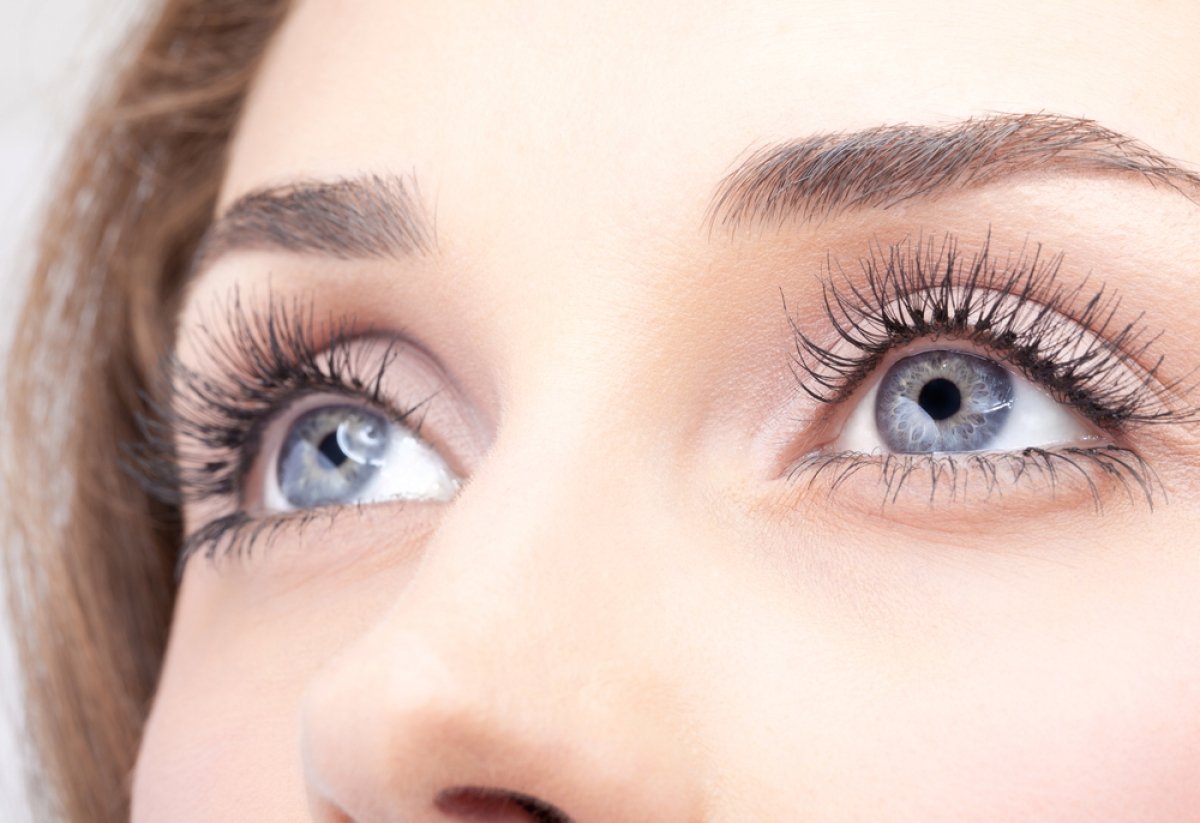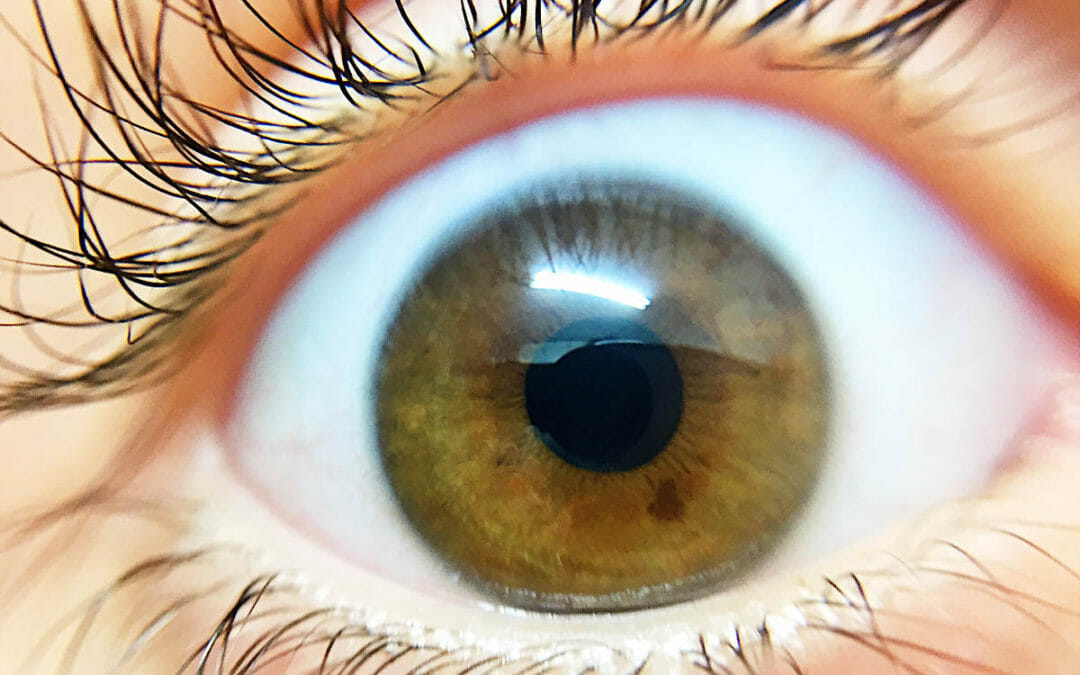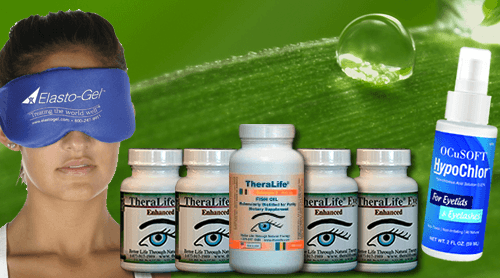 If you are suffering from dry eye allergies, the first thing you should do is make changes to your lifestyle. Avoiding allergens can help you avoid eye allergies, but it’s not always possible to avoid everything. Your doctor may prescribe antihistamines and mast cell stabilizers. Other options for treating dry eyes include avoiding the allergens that trigger them. A physician can prescribe a medication to treat dry eye or switch you to different types of contact lenses.
If you are suffering from dry eye allergies, the first thing you should do is make changes to your lifestyle. Avoiding allergens can help you avoid eye allergies, but it’s not always possible to avoid everything. Your doctor may prescribe antihistamines and mast cell stabilizers. Other options for treating dry eyes include avoiding the allergens that trigger them. A physician can prescribe a medication to treat dry eye or switch you to different types of contact lenses.
Causes of Eye Allergies
Some of the most common causes of eye allergies include pollen, ragweed, and grasses, though other things can trigger these symptoms. You may also have an allergy to air pollution or other substances. If you think that you have an allergy to dust, contact your doctor for a diagnosis. Typically, you should use lubricating eye drops to soothe and wash away allergens. If you notice that your eyes become irritated, your doctor will prescribe a lubricating eye drop to reduce the irritation.
Treatment for Dry Eyes
Other types of treatments for dry eye include antihistamines, which can relieve the itchy sensation and tear. These medications are available over-the-counter, but some people prefer to use prescriptions. You can also try oral antihistamines if you are allergic to dust. However, they can aggravate the condition. In severe cases, doctors may prescribe allergy shots or under-the-tongue tablets to control the symptoms.
In some cases, a physician may prescribe a special medication to relieve your dry eye. An antihistamine can reduce irritation and reduce the swelling. It can also cause tachycardia and increase the risk of heart attack and stroke. You should consult your eye doctor before starting a new antihistamine treatment. A medical professional can help you determine which medications are the best option for your situation. They can help you decide if dry eye is an allergic reaction.
A doctor can diagnose the cause of the allergy and give you treatment. If you suffer from dry eye, a doctor may recommend prescription medication or prescribe a supplement to reduce the itching. These medications can help you prevent allergies from worsening and alleviate the symptoms. If you suffer from seasonal dry eye, you should seek treatment. If you experience seasonal allergies, a doctor may recommend a topical ointment or ointments that can reduce the production of tears.
A doctor will be able to diagnose dry eye and eye allergies in the same patient. The symptoms of both are similar. Your doctor may prescribe artificial tears or suggest an allergy medication. In some cases, artificial tears are prescribed. If you suffer from seasonal allergies, your doctor may prescribe artificial tears. Aside from artificial tears, your eye health will also benefit from regular contact lenses and other types of contact lenses. The most effective treatments are customized for each patient’s condition and their specific allergy symptoms.
Types of Eye Drops for Dry Eyes
There are several types of eye drops and artificial tears for dry eyes. You can also use a humidifier to improve the condition of your eyes. During the winter, dust can irritate your nose and lungs. To avoid these conditions, avoid air conditioning and fans pointing at your face. While you’re at work, take frequent breaks and practice blinking frequently. Whenever possible, you should avoid the areas where you’re allergic.
Aside from ocular eye allergies, there are also some specific types of allergy drugs. The best ones for treating eye allergies are usually prescribed as well as over-the-counter medications. If you’re having a difficult time identifying the cause of your allergy, you can try taking antihistamines or using cold compresses to reduce the itch and other symptoms. If you’re suffering from seasonal allergies, you should visit a specialist to be evaluated for an allergic reaction.
There are several different types of dry eye. The symptoms are similar for both types of eye allergies. A dry eye is often caused by an allergic reaction to a pollen-based medication. Aside from the ointment, you should also avoid the allergic ingredient in your medication. If you suspect you’re allergic to an allergy, you should seek medical attention immediately. Your doctor may prescribe medication for you. If your symptoms don’t go away, you should talk to your doctor to make sure that you’re not taking any other medications that could be making your symptoms worse.




